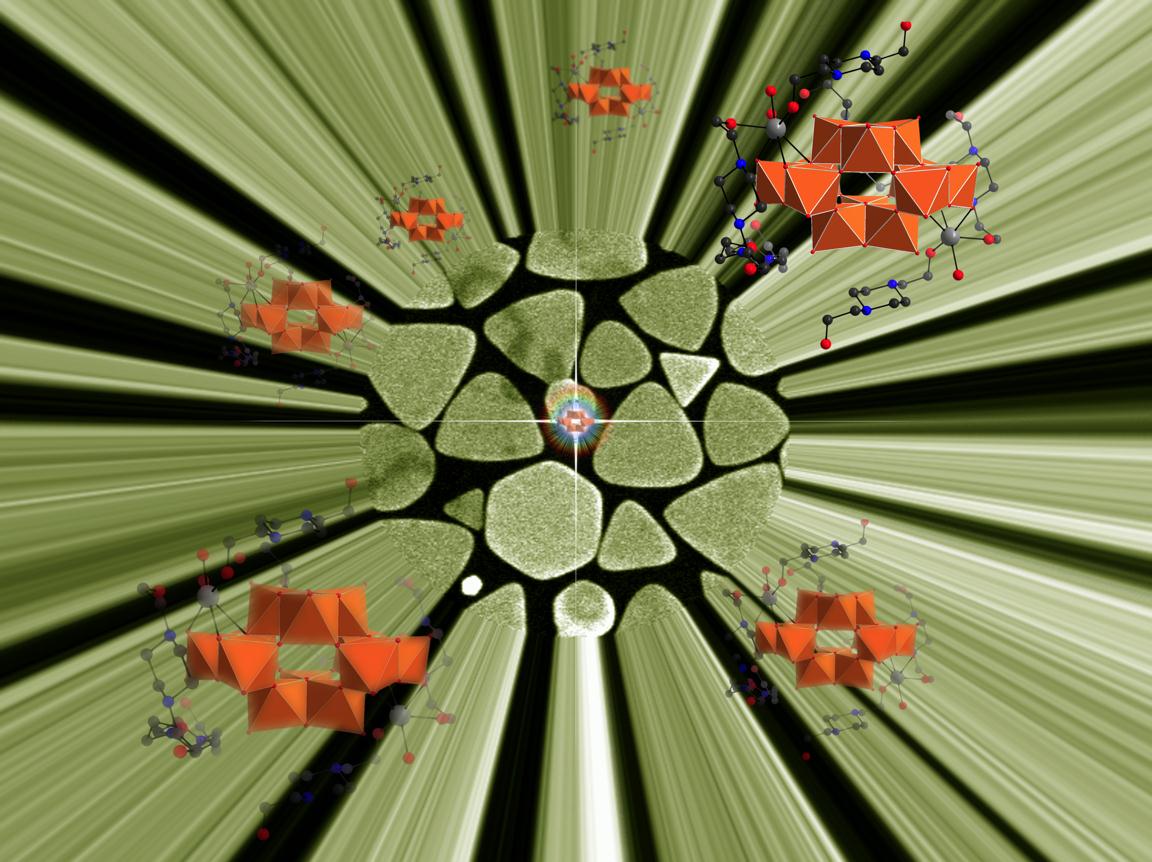PI: Jesús Martínez de la Fuente
Beneficiary: David Alcántara
FP7-PEOPLE-IOF-2008
(2010-2012)
The objectives are to develop sensitive, robust and versatile sensors for nucleic acids in point-of-care or in-the-field-type assays that can be used for the detection of microorganisms in third-world water supplies, food products or medical applications such as the bedside identification of blood-borne organisms that cause sepsis. The advantages of magnetic relaxation switch (MRS) methodology for point-of-care assays include its use of radiofrequency radiation rather than light (indifference to light-based interferences), and its use of solution-phase chemistry (no solid phase, no separation of free and bound as in enzyme-linked immunosorbent assays – ELISAs). The current state-of-the-art methods of identifying microorganisms are typically microscopy-based or culture-based and are not readily adaptable to such point-of-care uses.
The goal of this proposal is the development of a totally new type of reagent/instrumentation system based on a Nanobiosensor that Prof. Josephson and Prof. Weissleder have developed and termed “magnetic relaxation switches” (MRS). We propose to apply MRS for two different objectives: 1) detection of microorganisms through their specific sequences on their rRNA (outgoing phase); 2) identification of specific tumoral cells lines using MRS functionalized with specific lectins (return phase).
Magnetic Nanoparticles as Magnetic Relaxation Switch Based Biosensors. An analyte induces nanoparticles to switch between clustered and dispersed states and water's T2 (spin-spin relaxation time) changes [1-3].
